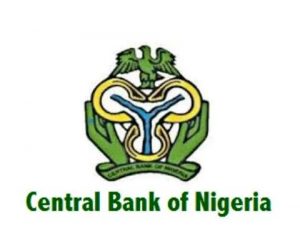CBN sets N10bn capital base for proposed credit guarantee companies

The Central Bank of Nigeria (CBN) has issued N10 billion minimum paid-up capital for the establishment of the proposed Credit Guarantee Companies (CGCs) in the country.
The was contained in a statement signed and released by the CBN Director, Financial Policy and Regulations Department, Ibrahim Tukur on Tuesday, August 10.
The statement title, “Exposure Draft of Guidelines for Regulation and Supervision of Credit Guarantee Companies in Nigeria,” was addressed to banks, other financial institutions and stakeholders.
The CBN, in the statement, explained that the framework for the CGCs would further provide regulation and basis for the operation of credit guarantee companies.
It added that the guidelines would curb the difficulties micro, small and medium enterprises (MSMEs) face in accessing credit from the formal sector.
The statement read in part: “The promoters of a CGC shall be required to submit a formal application for the grant of a CGC licence addressed to the Governor of the CBN.
“A non-refundable application fee of N100,000 (One Hundred Thousand Naira) only, or such other amount as the CBN may specify, in bank draft payable to the CBN.
“Not later than six (6) months after obtaining the AIP, the promoters of a proposed CGC shall submit an application for the grant of a final licence to the CBN.
“Non-refundable licensing fee of N1,000,000.00 (One Million Naira) only, or such amount as may be prescribed by the CBN, in bank draft payable to the CBN.”
It also said CGCs would be required to commence operations with a minimum paid-up capital of N10 billion; and N50,000 for change of company name, if necessary.
The statement added: “Promoters should note that in compliance with the Banks and Other Financial Institutions Act (BOFIA) 2020, the investment of share capital deposit shall be subject to availability of investment instruments.
“Upon the grant of license or otherwise, the CBN shall refund the sum deposited to the promoters, together with the investment income, if any, after deducting administrative expenses and tax on the income.”
